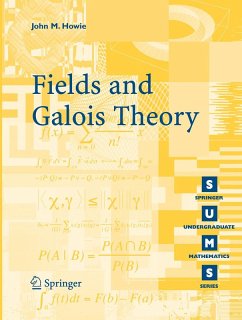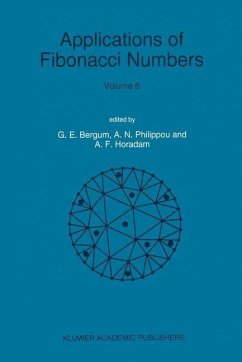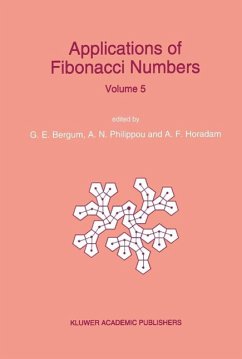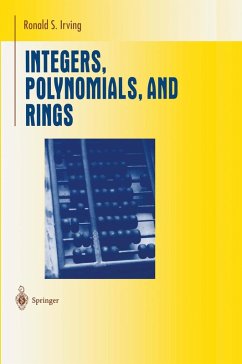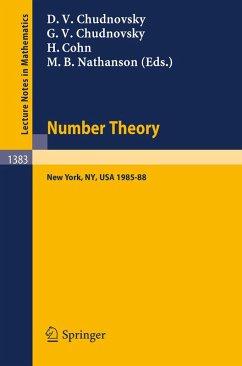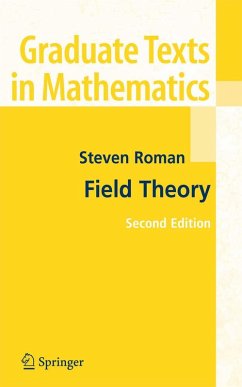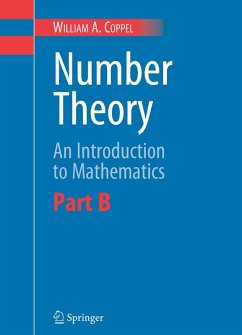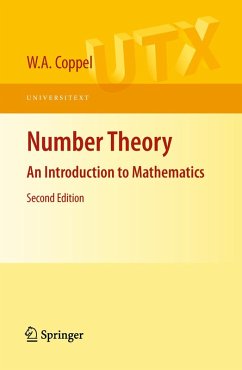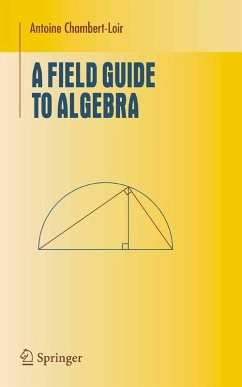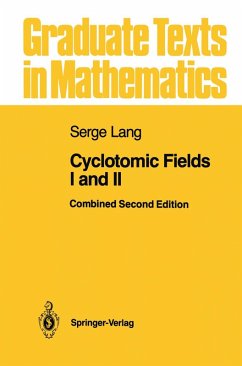
Algebra (eBook, PDF)
Volume I: Fields and Galois Theory
Übersetzer: Levy, Silvio
Versandkostenfrei!
Sofort per Download lieferbar
48,95 €
inkl. MwSt.
Weitere Ausgaben:

PAYBACK Punkte
24 °P sammeln!
From Math Reviews: This is a charming textbook, introducing the reader to the classical parts of algebra. The exposition is admirably clear and lucidly written with only minimal prerequisites from linear algebra... The book ends with an appendix containing exercises and notes on the previous parts of the book. However, brief historical comments and suggestions for further reading are also scattered through the text.
Dieser Download kann aus rechtlichen Gründen nur mit Rechnungsadresse in A, B, BG, CY, CZ, D, DK, EW, E, FIN, F, GR, HR, H, IRL, I, LT, L, LR, M, NL, PL, P, R, S, SLO, SK ausgeliefert werden.



